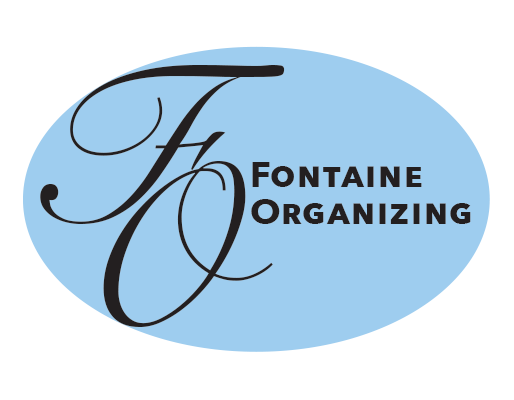Making Use of Accountability
If you’re anything like me, you’ve made goals to change something in your life but failed to follow through with action. Using outside accountability can help.
What exactly does accountability mean? It took me a few clicks around the Merriam-Webster online dictionary to come up with the following definition (cobbled together from a link tree of definitions for accountability, accountable, and account):
Accountability is the quality or state of being subject to giving a statement explaining one’s conduct.
There are 5 main of types of accountability that can work in different circumstances.
Partnership
One-sided
Group
Public
Paid
Partnership
This is what most people think of when they think of accountability. In a partnership for accountability both partners come to the table with something for which they want to be held accountable. Note that it doesn’t need to be the same thing for both people. One person, for example, might have a health-related goal (e.g. spend an hour per week walking in a park). The other person might have a work-related goal (e.g. write one blog per week). The key is that they both feel responsible to show up and accomplish something.
One-sided
One-sided accountability can work well in many situations. A great example of this is a parent who tells their child they are going to quit smoking. In a one-sided accountability arrangement, the parent would feel accountable to follow through so their child doesn’t see them fail.
Group
Fitness classes, 12-step programs, support groups, and group challenges all involve group accountability. Participants in the group use the pressure of having to show up for the group as a way to make change.
Public
Declarations made to the public in the form of social media posts can work for some people in some situations. This one is tricky though, because receiving “likes” and positive comments can trick our brains into feeling as though we’ve already accomplished something. Therefore, this is a type of accountability that only works occasionally. People who use public declarations within the confines of a dedicated-topic Facebook group may find this strategy more useful than those who post to a more general audience.
Paid
When all the other forms of accountability don’t work, having some money on the line can help. Paid accountability is a one-sided arrangement where a coach or other professional is paid to hold you accountable.
If you’re going to make a commitment to an accountability relationship in any form, it’s important to plan in advance so you can make the most of the time spent.
Create a regular schedule
It’s important to be clear about when and how often contact with your accountability partner or group will be made. Weekly is the most common frequency; however, daily can also be very useful. Also, set a specific time of day.Decide on a method of communication
Will you send a quick text check-in at a certain time each day? Will you talk by phone, and if so, who will initiate the call? Will you send an email? Will you meet in person, and if so, where?Set the agenda
For example, if you plan to talk for 20 minutes per week, you might each spend 5 minutes reviewing your previous week’s commitment to action, 13 minutes discussing what worked and what didn’t, and 2 minutes each outlining your intentions for the following week.Create a contingency plan
Have a plan for what will and won’t be acceptable for changing plans when necessary. Will you get a set amount of free passes on not showing up to a meeting? What happens if you have a scheduling conflict? Think through things that might throw a wrench in your plans and develop a plan for navigating potential challenges.
Sometimes it’s hard to know which method will work best and you might need to try out a couple options before somethings sticks. For example, I’ve used different accountability partnerships for different situations (e.g. business, health, etc.), including daily texts, weekly emails, weekly calls, and groups. I’ve had situations where I wanted to make a change and a weekly call was insufficient so I added in daily text check-ins. I frequently have clients who have tried all different kinds of accountability arrangements who have found that paying for weekly virtual sessions gave them the push they needed.
Think about a goal that you have or something you are struggling to accomplish. Consider whether one of the methods I’ve outlined above might work for you. Use your support network to find an accountability partner or group. Search online for a business, life, or organizer coach whose services you can engage. Explore local groups related to your specific goal (if you can’t find a group, you can create one). Try different methods until you find one that works for you. Reaching your goals might be easier if you share the journey with an accountability partner who can keep you motivated to succeed.






